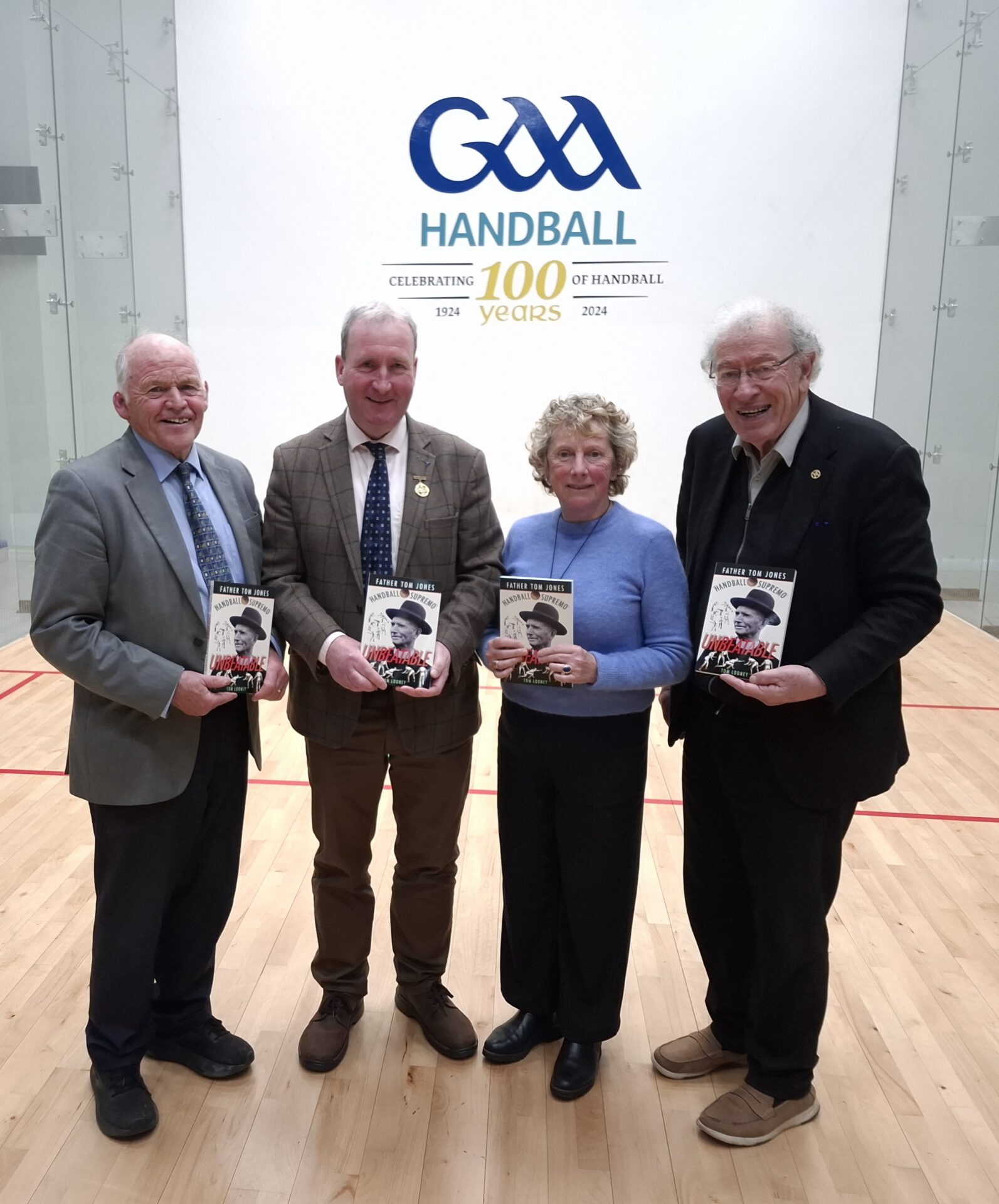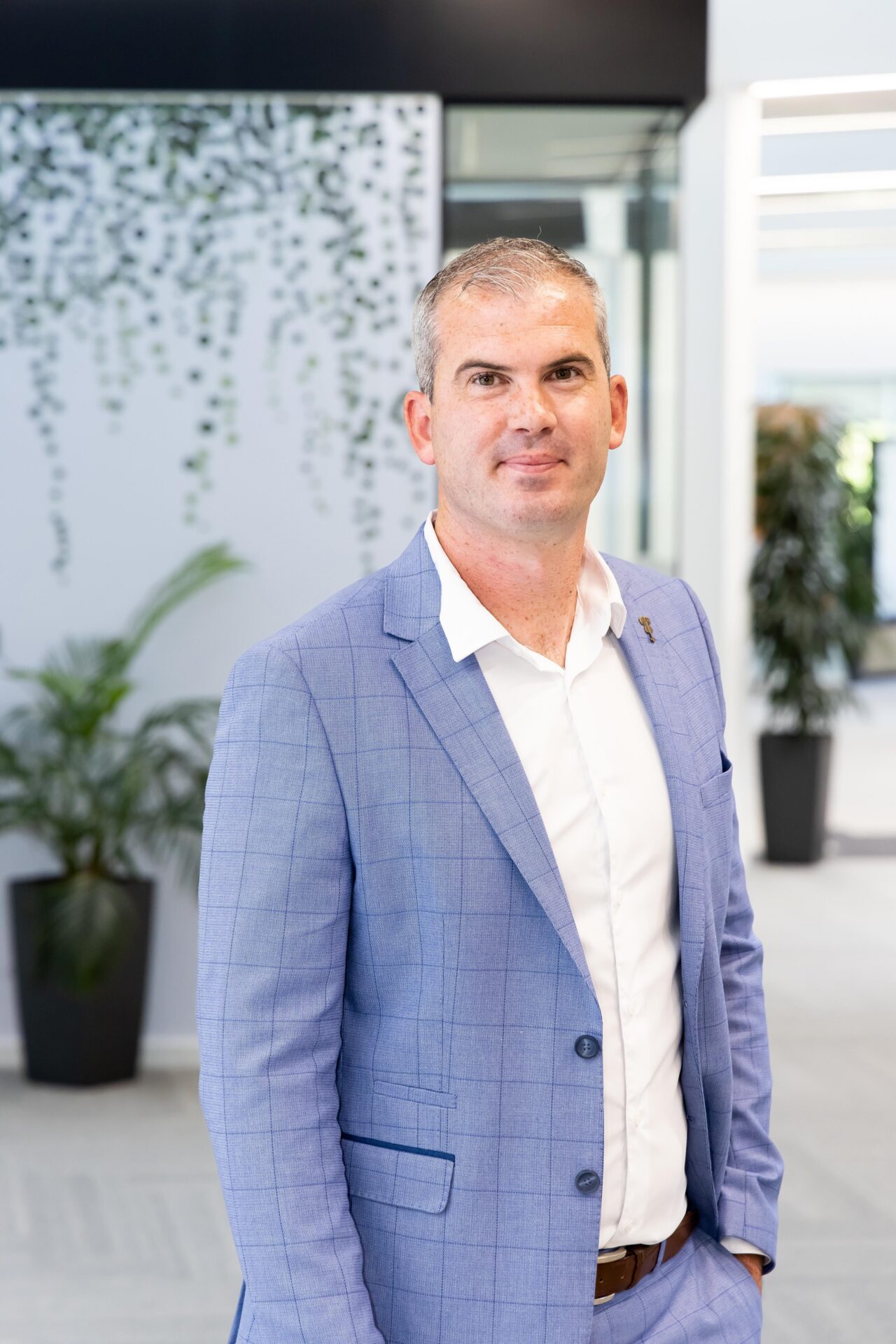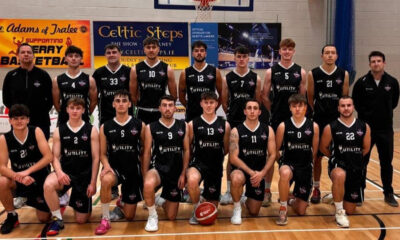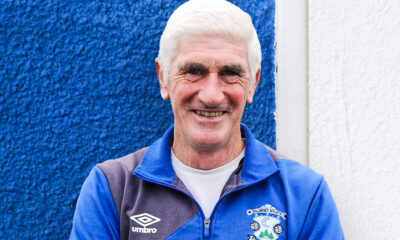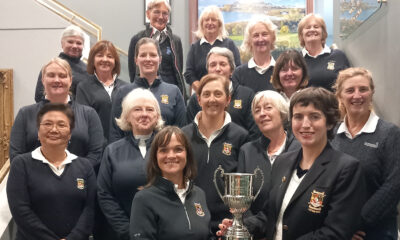News
500,000 coffee cups prevented from going to landfill in Killarney

The team behind Killarney’s ban on single-use cups is launching an adult education programme later this year.
Since its inception in July last year (up to December 31), 506,000 cups have been prevented from going to landfill or becoming litter in Killarney National Park.
Additionally, the scheme has saved 872,413 litres of water and 279 trees.
The decision to ban single-use cups was underpinned by complaints that some of Killarney's most visited beauty spots were being polluted and studies of clean-ups in the National Park revealed that one of the most common forms of waste recovered was single-use coffee cups.
With this in mind, the team behind the project, in conjunction with the Munster Technology University, will launch an adult education programme.
Late last year secondary school students attended a series of workshops in Killarney House hosted by the Killarney Coffee Cup project.
The session began with the task of matching the common items of litter to the time it takes for them to decompose.
The items ranged from crisp packets, banana skins and single-use coffee cups. The aim of this activity was to highlight the importance of minimising waste and litter, to protect the unique Biosphere Reserve that is Killarney National Park.
The plan now is to roll out a series of workshops aimed at adults with support from the National Parks and Wildlife Service.
“This is still in the very early stages,” said project lead Louise Byrne who is also the Sustainability Manager at The Killarney Park and The Ross hotels. “Why should we care?”
Byrne cited a recent article by The Guardian newspaper in Britain.
“The entire lifecycle of disposable cups, from raw material extraction to production and transportation, requires significant energy, contributing to environmental degradation. The slow decomposition of disposable cups, especially those with plastic linings, can lead to the release of microplastics into the environment and on the off chance that your disposable cup winds up in waste bound for incineration, that process can release pollutants into the air,” said a report on coffee cup waste by the Kent School of Business and published in the London newspaper.
Byrne believes there is still far too much litter, including coffee cups, ending up disposed of in the National Park and this is one of the key drivers behind the new adult education programme.
Meanwhile the scheme won two more awards this week. Eco Hero group at the Outsider Magazine gave the scheme its Eco Hero award and the scheme won the Green Transformation Award at the Green Awards.


